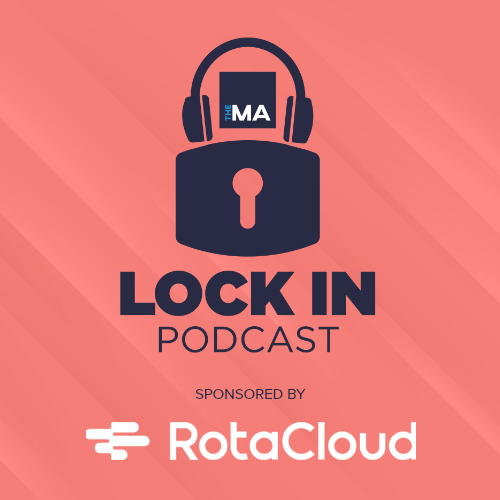8 tips on checking your new pub's premises licence

Sadly, time and again we are instructed by clients who have acquired a business on the assumption that there is a perfectly suitable premises licence in place only to find it not fit for their intended operation, or worse, the licence no longer exists.
This can lead to severe difficulties for the new operator and in many cases legal and other costs to rectify.
Therefore before you acquire your bar or pub you should take some time to check the current premises licence, what it permits and whether it is suitable for your intended plans for the business.
Here are a few tips:
- Contact your local licensing authority and get a copy of the current premises licence. Check the premises licence carefully:
- Check the permitted licensable activities and hours of such activities are suitable.
- Review the conditions on the licence for any restrictions.
- Check whether the named premises licence holder has not died or become insolvent — otherwise the licence will have lapsed. It is worth getting written confirmation from your local licensing officer that the licence is ‘live’ and has not been revoked or surrendered.
- Check the plans attached to the licence mirror the current layout. If you are proposing to make substantial changes, you may need to submit an application to approve these.
- Speak with your local licensing, police and environmental health officers to establish whether there is or has been any recent history of licensing issues or concerns with the premises, noise abatement notices or any other issues that may affect the premises.
- Check that payment of the annual fee has been made. There is an annual fee payable in respect of all premises licences. Non-payment of that fee will result in suspension of the licence until such time as full payment has been made, so where the fee has not been paid you will have to arrange payment to lift that suspension.
- If all looks well you will have to get signed consent from the premises licence holder to transfer the licence to you or persuade the licensing authority that you have taken all reasonable steps to do so.
As always, the above is not an exhaustive list, but it is an important one. Make sure you and your lawyers resolve any licensing issues with just as much diligence as you do the planning, lease, employment and other matters crucial to acquiring a business.







